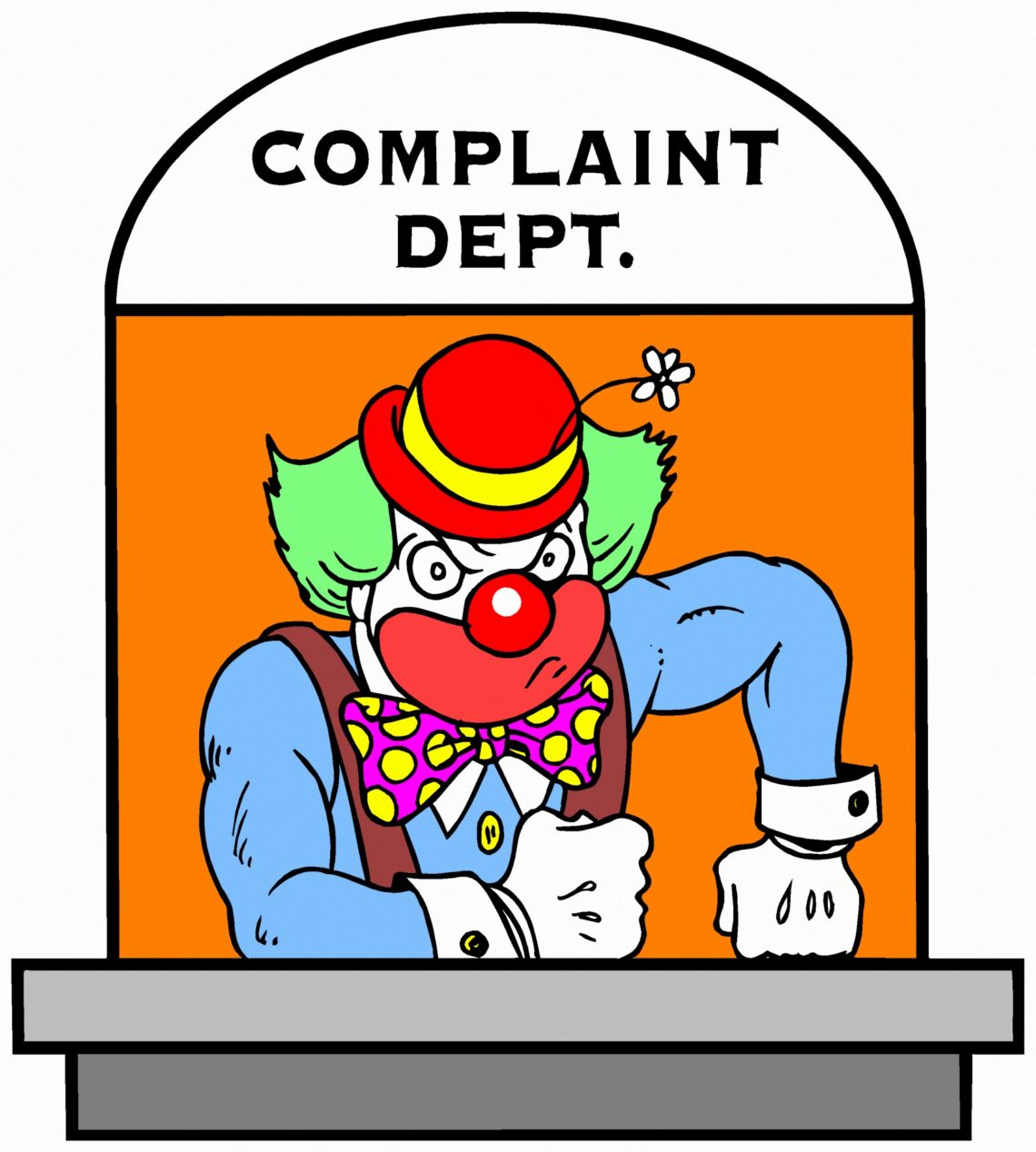What is Fraud? Fraud is broadly defined as an intentional misrepresentation or concealment of material fact made with intention and calculation to deceive, causing the other party to be deceived and, as a result, harmed. Elements In North Carolina, a civil claim of fraud has five essential elements. A false representation or concealment of material fact; Reasonably calculated to deceive; Made with the intent to deceive; Which does in fact deceive; and Resulting in damages to the party deceived. Rule 9 North Carolina is generally a notice pleading jurisdiction – if a Defendant is “on notice” of the facts in a complaint, and the…
-
-
Harper Lee’s Estate Sues Aaron Sorkin’s Production of “To Kill a Mockingbird”: When Can Estates Sue and Be Sued?
Famed Hollywood writer, director, and producer Aaron Sorkin is on the defending end of a lawsuit brought by Harper Lee’s estate. The estate alleges that his adaptation of the Pulitzer prize-winning “To Kill a Mockingbird” strays too far in the story and the development of some key characters from the original 1960 best selling book. In case you haven’t read it (spoiler alert), “To Kill a Mockingbird” is a favorite among attorneys and the general public alike. At its heart, it is the story of a wrongfully accused African-American man in 1930s Alabama. With prominent local attorney Atticus Finch as his defense counsel, both men struggle with the prejudice and…
-
Think You Can Represent Yourself in Business Court? Think Again.
While it is legally permissible to represent yourself in Business Court, it probably is not a good idea as one plaintiff learned the hard way. In a recent decision from the North Carolina Business Court, a plaintiff, James Gillespie, attempted to be a pro se litigant and wound up with his case dismissed and responsible for paying much of the defendants’ legal fees. Gillespie originally retained counsel for the purpose of suing the defendants. However, his attorneys, John and James Scarbrough, filed a Consent Motion to Withdraw as counsel. The court granted this motion requiring Gillespie to retain a new attorney within four weeks. He did not make the…
-
Counterclaims: When to Designate a Case to the North Carolina Business Court
The North Carolina Business Court (“Business Court”) is a specialized forum designed to adjudicate cases involving complex and significant issues of corporate governance and commercial law. If a dispute involves one of the subject matters enumerated in North Carolina General Statute § 74-45.4, then the case shall be designated and assigned to the Business Court. Cases may also qualify for discretionary assignments to the Business Court under Rule 2.1 of the General Rules of Practice for Superior and District Courts if it does not qualify for mandatory designation but involves certain other factors. Mandatory designations are governed by…
-
North Carolina Business Court Awards Rule 11 Sanctions for Second Time this Fall
The North Carolina Business Court recently entered Rule 11 sanctions against attorneys who relied on inaccurate information from their clients in preparing and filing lawsuits. The decision comes just two months after the NCBC awarded Rule 11 sanctions in a case with similar facts (which we summarized Here). In the most recent decision, the client, John Mauney, represented to his attorneys that he was a manager and member of NC Bioremediation, LLC, and therefore had authority to file a lawsuit on the company’s behalf.[1] In fact, Mauney was not, nor had he ever been, a member or manager…



